It is important that ‘cooperative federalism’ is not a mere slogan and states should not feel that they are being discriminated against because of the political party in power. State leaders on their part need to use their outreach vis-à-vis other countries in a targeted manner so that this achieves results.
Recent developments have once again highlighted the growing importance of India’s state governments in the country’s foreign relations, particularly in the economic sphere. This phenomenon, known as ‘para-diplomacy’ or ‘constituent diplomacy,’ has gained traction globally and steadily evolved in India over the past three decades. However, it has attracted greater attention in the last two decades. The driving forces behind para-diplomacy are both economic and political—stemming from the economic reforms of 1991, the forces of globalization, the rising influence of regional leaders, and the economic progress made by certain states.
Some of the important developments which highlight the growing importance of para-diplomacy are:
First, Foxconn Chairman Young Liu recently met with Indian Prime Minister Narendra Modi and Congress leader Rahul Gandhi, as well as visited the South Indian states of Tamil Nadu, Karnataka, and Telangana. Foxconn, which currently has investments in India estimated at $1.4 billion, plans to expand further, with its total business in the country projected at $10 billion. During his meeting with Karnataka Chief Minister Siddaramaiah and other state officials, discussions focused on the progress of the iPhone assembly plant in Bengaluru’s rural district. The Rs 22,000 crore project is expected to generate around 40,000 jobs.
In Telangana, Chief Minister Revanth Reddy urged Liu to invest in the ‘Fourth City’ or ‘Future City,’ a development 50 kilometers from Hyderabad. Foxconn already operates a plant near Hyderabad that will begin manufacturing Apple AirPods.
In Tamil Nadu, Chief Minister M. K. Stalin inaugurated an industrial housing facility in Sriperumbudur, built for Rs 700 crore, to accommodate 18,000 women employees of Foxconn. Notably, the state’s Industry Minister, T. R. B. Raja, personally drove Liu from Chennai airport to the site, where they discussed the potential for further expansion of Foxconn’s operations in the state.
Second, the Telangana Chief Minister, Revanth Reddy visited the US and South Korea from August 2-14, 2024, securing significant commitments from several major companies. In the US, companies such as Cognizant and Amazon pledged to expand their operations in Telangana. Meanwhile, Korean companies, including Hyundai Motors and Youngone Corporation, a leading manufacturer of outdoor clothing, committed a total investment of Rs 4,500 crore in the state.
While commenting on the successful visit to the USA and South Korea, Telangana’s IT Minister Dudilla Sridhar Babu said: “The investors are looking at Hyderabad as their favored destination for investments because the city has a thriving ecosystem and infrastructure for robust growth opportunities.”
The previous TRS government was proactive in attracting investors, and the new Telangana Chief Minister, Revanth Reddy, is continuing this approach with equal determination. Before he visited South Korea and the US, Reddy attended the World Economic Forum (WEF) in January 2024. Meanwhile, Andhra Pradesh Chief Minister Chandrababu Naidu, a pioneer of para-diplomacy in India, has been focused on reviving the Amaravati project, the ambitious plan to develop a new capital for the state. In August 2024, Naidu held discussions with a World Bank delegation regarding the project.
Also Read: Collaborative Federalism at Display: Naidu-Reddy A Healthy Trend
It would be pertinent to point out, that MK Stalin engaged in several overseas trips last year and embarked upon a 17-day trip to the US on August 27, 2024. During the trip, Stalin will be interacting with potential investors — the visit is likely to focus on artificial intelligence and technology – and visiting Chicago and San Francisco (while he has signed several MOUs with countries including PayPal and Nokia, he also addressed the Tamil diaspora in San Francisco). During last year’s Tamil Nadu Investors Summit, 2024, the South Indian state had drawn commitments of over Rs. 6,00000 crore. The Tamil Nadu CM had set a goal of making the state a $1 trillion economy by 2030.
While Maharashtra, Gujarat, and Haryana can draw FDI, the pro-active approach of the three South Indian states, discussed earlier, as well as Andhra Pradesh under the leadership of Chandrababu Naidu, towards drawing FDI is a clear example of ‘competitive federalism’. Given the enormous potential and the advantages they possess, these states are likely to draw FDI and also emerge as favored destinations for companies, including Foxconn, which are trying to reduce their dependence upon China and following what is called the China+1 strategy.
PM Modi has often spoken about the need for competitive federalism and the role of states in drawing FDI- the most recent instance being the independence-day speech where he said that states need to be proactive.
It is important however to address a few issues. First, there needs to be a platform for better coordination between the central government and state governments. While the main aim of the states division, started in 2014, by the MEA (Ministry of External Affairs), Government of India, is to assist states in their outreach to the outside world, a platform is needed where states can flag some of the issues about para-diplomacy.
Second, it is important that ‘cooperative federalism’ is not a mere slogan and states should not feel that they are being discriminated against because of the political party in power. State leaders on their part need to use their outreach vis-à-vis other countries in a targeted manner so that this achieves results. The benefits of FDI should accrue not to any specific region in a state.
In conclusion, while challenges and obstacles may arise in the outreach efforts of India’s states, the benefits are undeniable, and this trend is here to stay. Addressing these issues is crucial, especially as India continues to emerge as a preferred destination for companies pursuing the China+1 strategy. By overcoming these hurdles, India’s states can further solidify their position in the global economic landscape.
Disclaimer: The views expressed in this article are of the author solely. TheRise.co.in neither endorses nor is responsible for them. Reproducing this content without permission is prohibited.
About the author
Tridivesh Singh Maini is a New Delhi-based Policy Analyst. He is faculty member of OP Jindal Global University, Sonepat, Haryana.

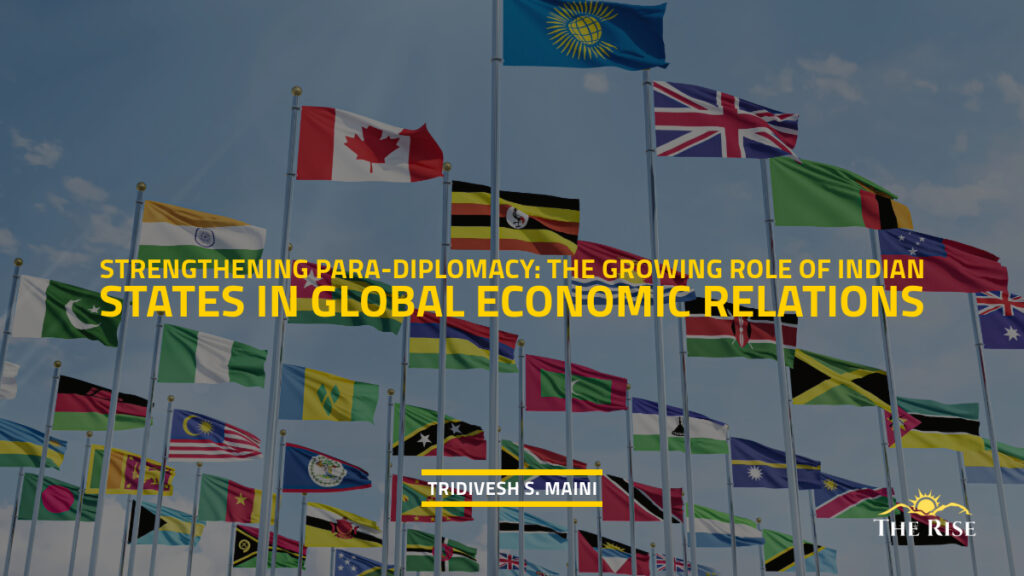


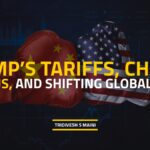







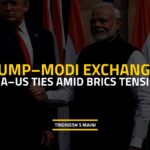
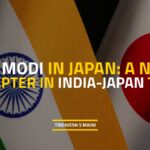

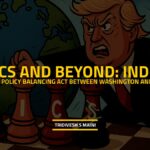





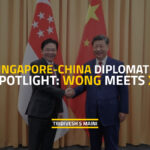


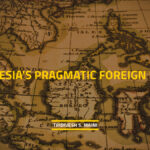

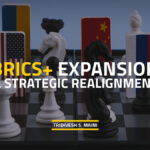



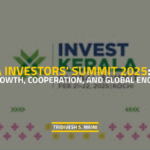

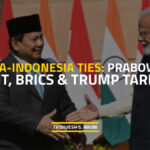



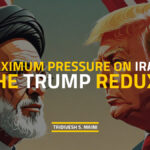

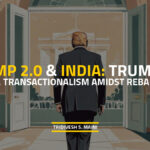







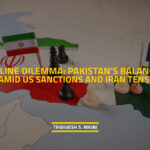


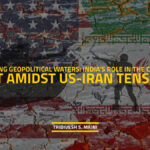




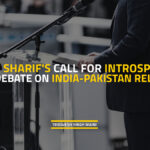



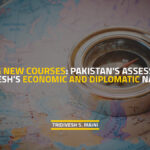

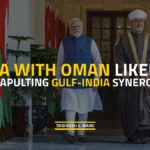


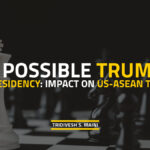





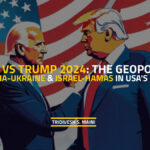


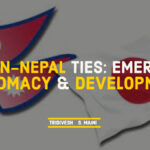





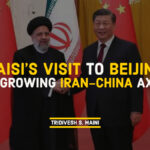
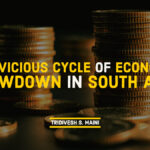






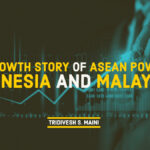


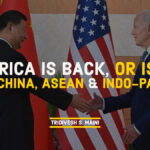

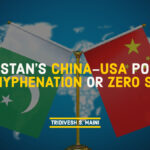
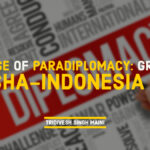

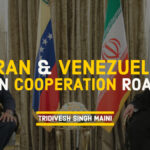

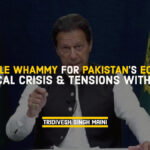

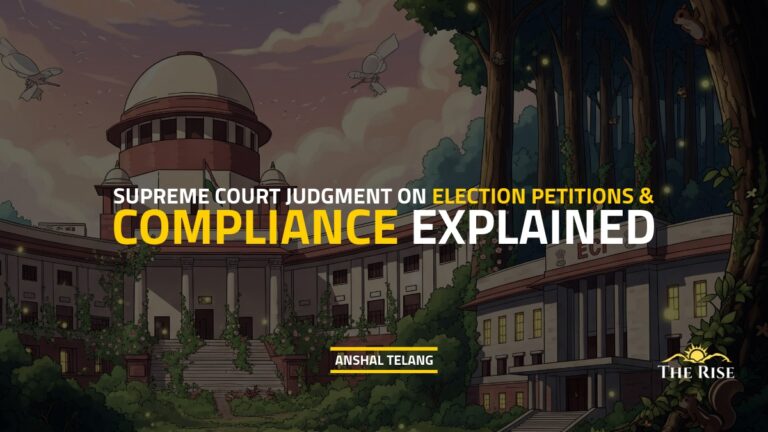
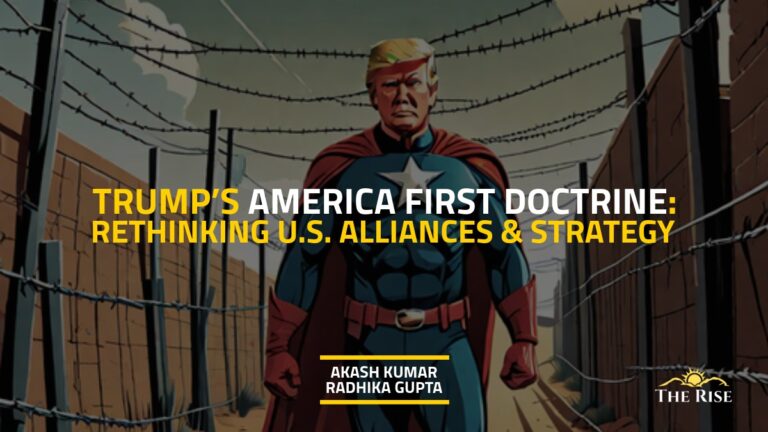
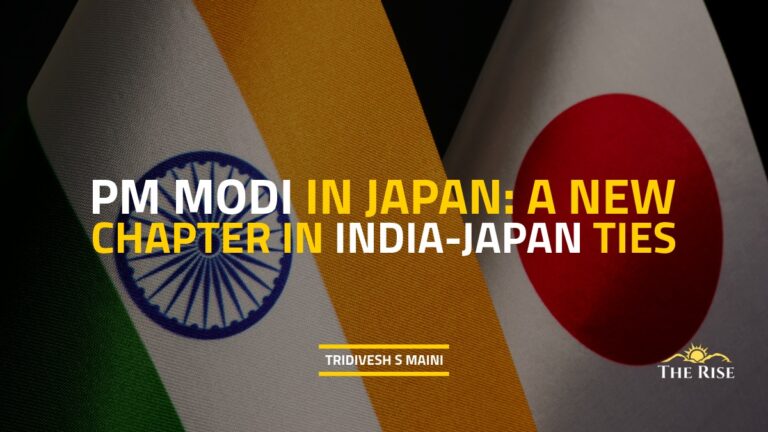
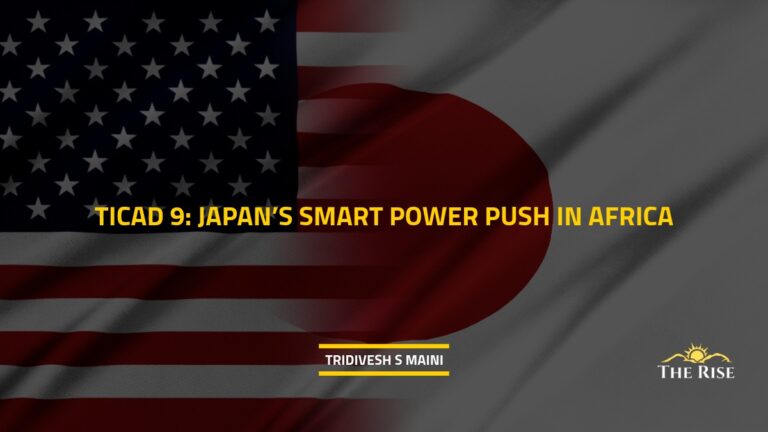
Pingback: Pakistan Faces Pipeline Dilemma - TheRise.co.in